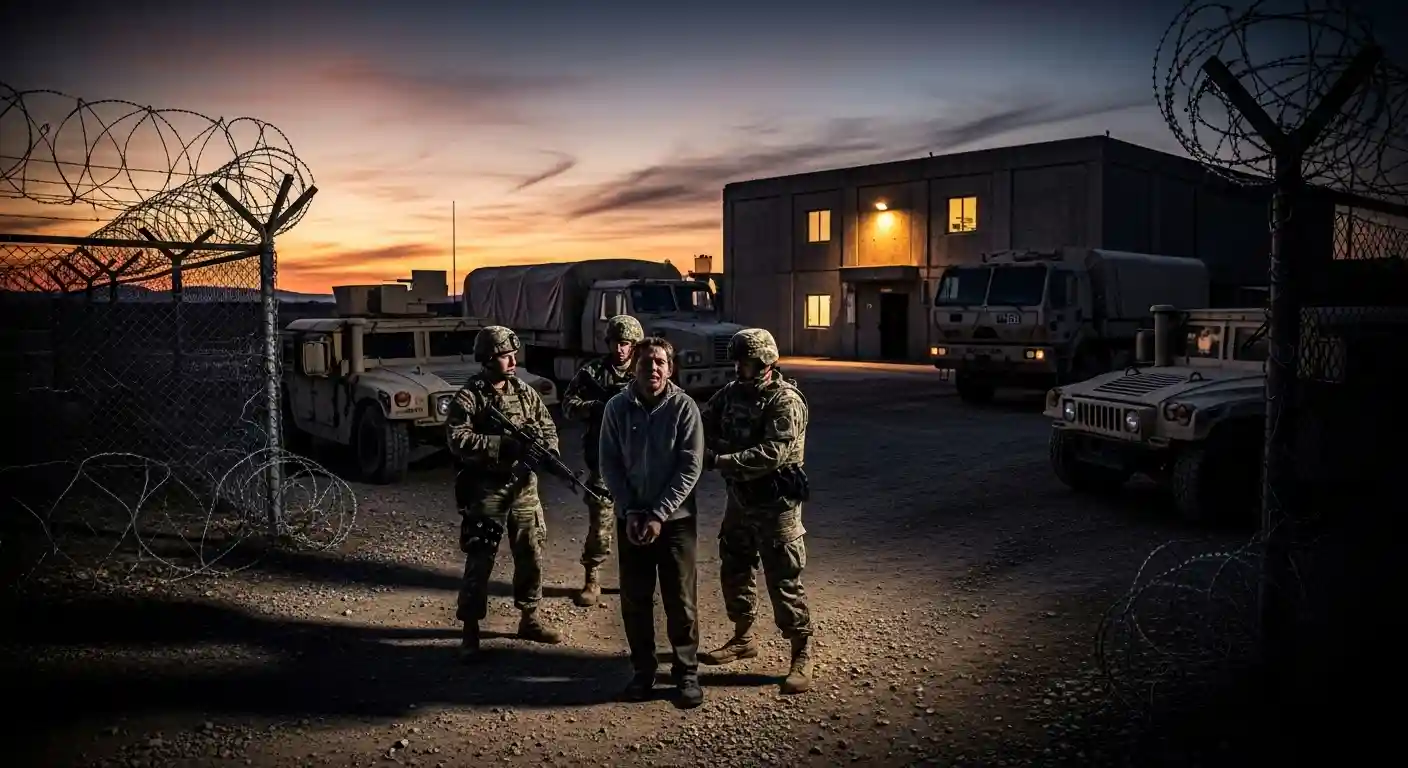
Being arrested on a military base presents individuals with unique challenges and legal considerations. This comprehensive guide aims to navigate the intricacies of facing arrest within a military jurisdiction. We will explore the reasons for arrests on military bases, the distinct legal processes involved, potential consequences, and the crucial importance of understanding one's rights in such situations.
Arrests on military bases can occur for various reasons, including but not limited to:
1. Criminal Offenses: Allegations of criminal activities on a military base can lead to arrests. This may range from minor offenses to serious crimes.
2. Violations of Military Law: The Uniform Code of Military Justice (UCMJ) governs military personnel and includes offenses that are unique to the military context. Violations can result in arrests.
3. Security Concerns: Military bases prioritize security, and actions perceived as security threats may lead to immediate arrests.
The military justice system operates differently from civilian courts. Key aspects include:
1. Court-Martial: Military members accused of offenses are subject to court-martial proceedings, which are military trials. These proceedings can result in various outcomes, including acquittal, non-judicial punishment, or a range of punitive measures.
2. Military Law Enforcement: Military police and investigative agencies handle law enforcement on military bases. Understanding their roles and procedures is crucial for individuals facing arrest.
3. UCMJ Compliance: The UCMJ sets out the legal framework for military justice. Understanding its provisions is essential for individuals navigating legal proceedings on military bases.
Consequences of military arrests can be significant and may include:
1. Disciplinary Action: Non-judicial punishment, such as administrative actions or reprimands, may be imposed without going through a formal court-martial.
2. Court-Martial Conviction: A court-martial conviction can lead to severe consequences, including confinement, fines, and discharge from the military with a less-than-honorable discharge.
3. Impact on Civilian Life: Military convictions can have collateral consequences in civilian life, affecting employment opportunities and personal relationships.
Understanding and asserting legal rights is crucial for individuals arrested on military bases. Key rights include:
1. Right to Legal Representation: Individuals have the right to legal representation during military proceedings. Consulting with a military defense attorney is advisable.
2. Right to Remain Silent: The right to remain silent applies in military contexts. Individuals should be cautious about self-incrimination and can invoke their right to remain silent.
3. Right to Due Process: The principles of due process apply in military justice. Individuals are entitled to a fair and impartial process.
Engaging legal representation familiar with military law is vital. A military defense attorney can provide:
1. Legal Guidance: Explaining the specific legal framework and potential consequences based on the circumstances.
2. Defense Strategies: Developing effective defense strategies to challenge allegations and protect the rights of the accused.
3. Advocacy in Proceedings: Representing individuals during court-martial proceedings and other legal processes.
Arrests on military bases require a nuanced understanding of the military justice system. Individuals facing such situations should prioritize understanding their rights, seeking legal representation, and navigating the complexities with knowledge and support. By doing so, they can strive for the best possible outcomes in their military legal proceedings.
For personalized guidance tailored to your specific situation, consulting with an experienced military defense attorney is recommended.